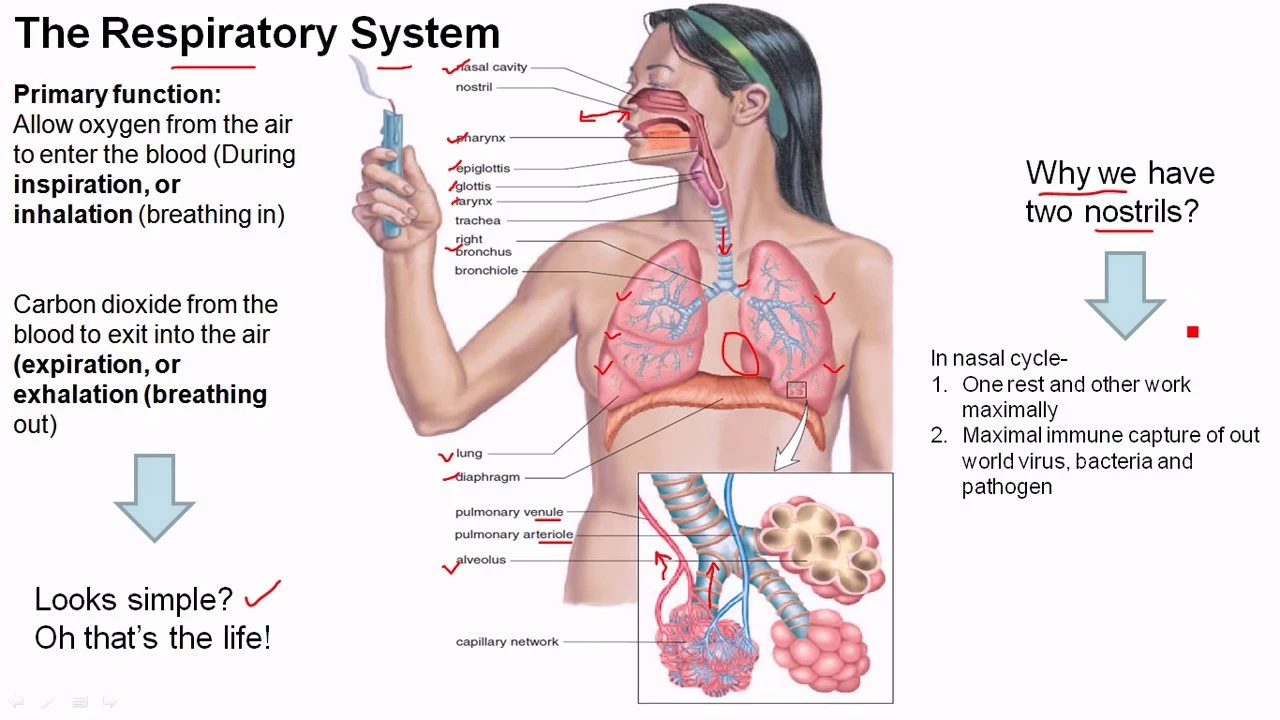Prevent Chest Congestion: Simple Steps That Work
Chest congestion feels heavy and annoying. You can cut the risk with a few clear habits. These tips focus on stopping mucus build-up before it becomes a cough or infection.
Daily habits that reduce mucus
Drink enough water. Thin mucus clears faster than thick mucus, so keep sips coming through the day. Aim for plain water and limit alcohol and too much caffeine—they dry you out. Use a humidifier in dry rooms. Moist air keeps airways from getting sticky and helps you breathe easier at night.
Quit smoking and avoid secondhand smoke. Smoke inflames airways and makes your lungs produce more mucus. If you can’t quit right away, cut back and stay away from smoky places. Wash hands often and skip close contact with sick people. Many chest congestions start after a cold or flu. Hand hygiene and masks during high-risk seasons reduce chances of catching those bugs.
Watch your indoor air. Dust, pet dander, and strong smells can trigger mucus in sensitive people. Clean filters on heaters and AC units, vacuum with a HEPA filter, and keep pets out of bedrooms if they make your chest feel tight.
Targeted steps when you feel it coming
Act fast at the first sign: steam inhalation loosens mucus—sit over a bowl of hot water or take a hot shower. A warm, salty saline nasal rinse can clear post-nasal drip that often causes chest mucus. Try simple breathing exercises: slow, deep breaths and huff coughing (a gentle, forced exhale) move mucus up so you can spit or swallow it safely.
Use over-the-counter options carefully. Expectorants like guaifenesin can thin mucus for some people, and nasal sprays relieve nasal congestion that drips into the chest. Avoid long-term use of decongestant nasal sprays; they can worsen congestion if used more than a few days. If you have conditions like asthma, COPD, or reflux, follow your prescribed inhalers and meds—managing those makes chest congestion much less likely.
Keep up with vaccines. Flu shots and COVID boosters lower the chance of respiratory infections that cause heavy chest congestion. For older adults or those with chronic lung disease, ask your doctor about pneumococcal shots too.
When to see a doctor: if you have fever, shortness of breath, chest pain, bloody mucus, or symptoms that last more than a week despite home care. Those signs might mean an infection that needs antibiotics or other medical treatment.
Small changes add up. Drink more water, add humidity, avoid smoke, and act fast when symptoms start. These practical moves cut down on sticky mucus and keep your chest feeling clearer.
